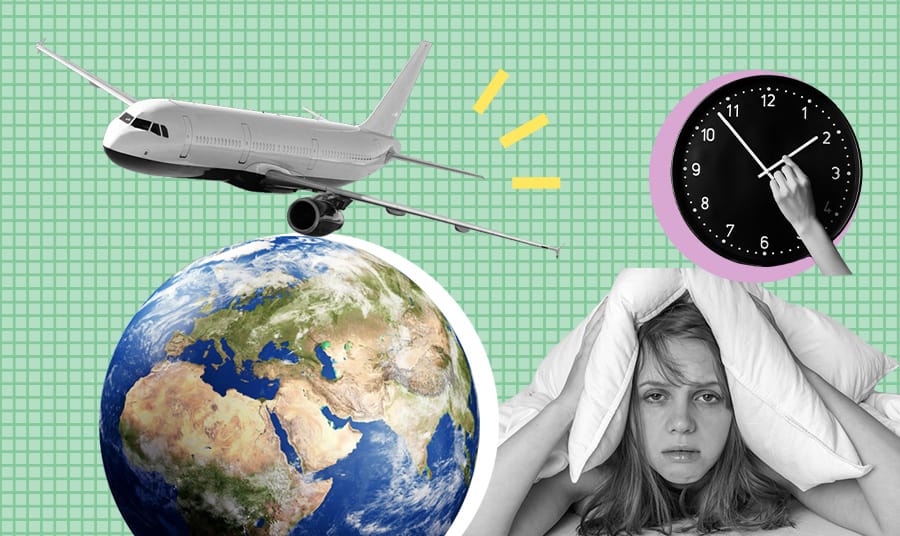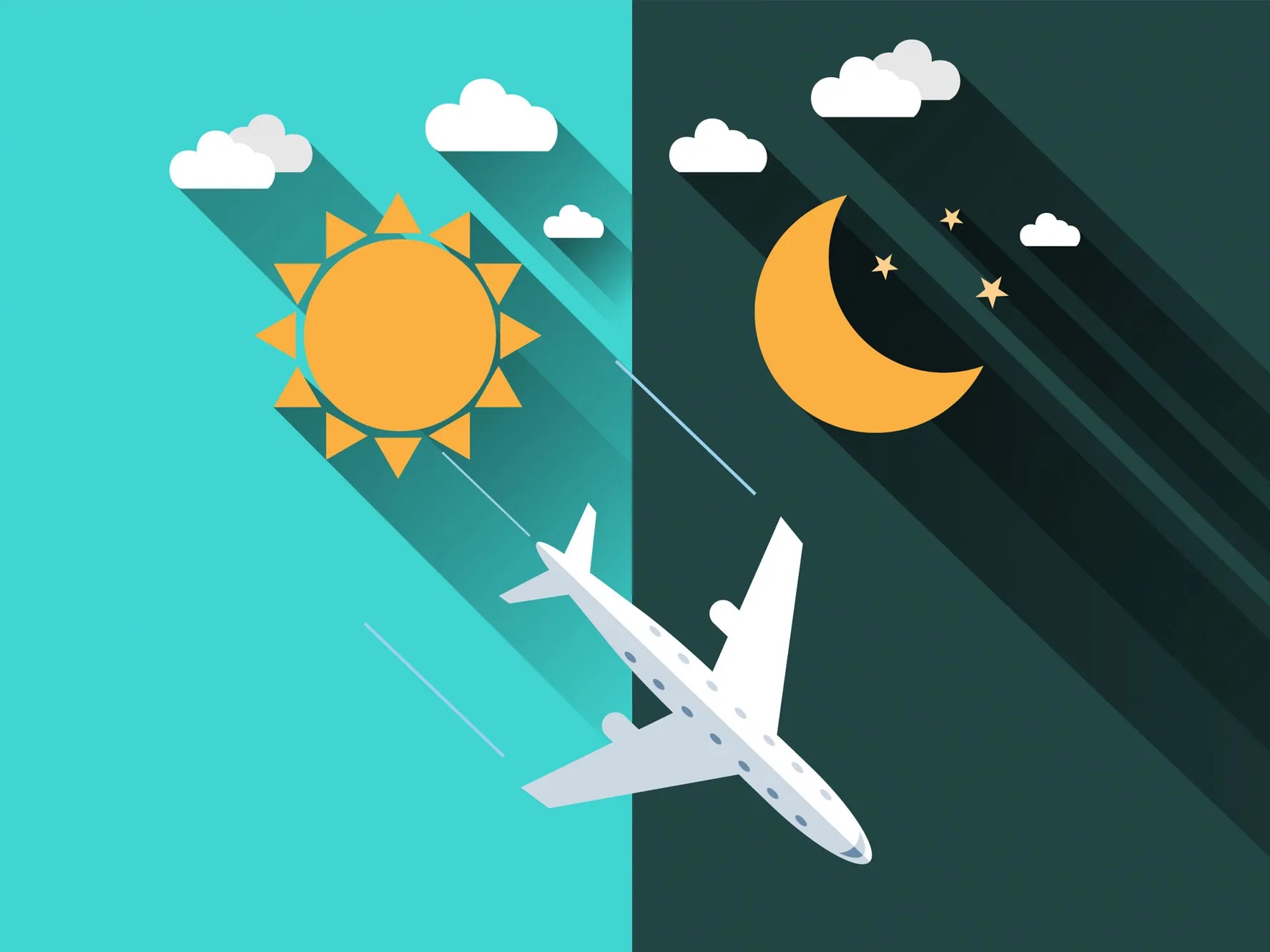When you’re traveling, the first thing you need to do is adjust your schedule to match your new destination’s time. Set your watch to the local time a couple days before you travel, and adjust your eating and sleep schedule accordingly. Even though the time difference may seem small, it’s going to take a couple of days for your body to adjust to the new time. By adjusting your schedule in advance, you’ll be well on your way to overcoming jet lag.

Stay outside the whole morning
Getting outdoors as early as possible in the morning is a proven way to combat jet lag. It can help your body’s internal clock adjust to the new time zone and reset itself. It can also reset your sleep cycle so that you can get a full night’s sleep when you arrive.
If possible, stay outside for the entire morning. The natural sunlight in the destination city can help your body acclimatize quicker. Alternatively, you can buy medical seeds for sale online and grow them outdoors. Consuming time in an outdoor garden in the morning has a great impact on combating jet lag.

You may also want to avoid artificial light in the first few days, especially if you arrive late. Artificial light affects your circadian rhythm, and it’s best to avoid exposure to it during the first few hours of your new day. If you’re unable to stay outside all morning, use high-powered light therapy lamps. These lamps have higher illuminance levels than regular light bulbs, which can increase the effects.
Melatonin
Air travelers often experience jet lag, a condition that results from the human body’s internal rhythms being out of sync with the time zone in the destination country. Research has identified the pineal hormone melatonin as a potential remedy for jet lag. In the past, melatonin has been used as a drug to realign body rhythms. More recently, it has been studied as a possible treatment for jet lag.

In addition to helping with jet lag, melatonin is also helpful for resetting the body’s circadian rhythm. Light is one of the primary time cues in our body’s system for
resetting our circadian rhythm, which is why managing our light exposure is so important. By reducing light exposure, melatonin helps us shift faster and sleep better. However, melatonin has some drawbacks.
Keeping a new schedule
One way to minimize jet lag is by keeping a new schedule while traveling. A good tip is to set your watch a couple of days before your flight. This way, you will know what time to wake up and go to sleep at your destination. You can even use a timeshifter app to make the adjustment. Keeping a new schedule will also allow you to adjust your sleeping and meal times to your destination.

When traveling by plane, always make sure your itinerary doesn’t have large abrupt shifts in your sleep and wake-up schedule. A 12-hour shift can cause the circadian system to misalign. Even a 24-hour shift is enough to throw your body’s internal clock out of sync. And don’t forget to pack toys and other things for your children, as they will likely sleep less during the flight.
Managing your wakeful and sleepy times
You can reduce the symptoms of jet lag by adjusting your sleep and wake times. When traveling east-to-west, for example, you should go to sleep one hour earlier each night than you normally do. This will help your body adjust to the new time zone and wake up at a reasonable time. Similarly, if traveling west-to-east, you should stay awake one hour after bedtime. This will push your awake time forward three hours and prevent jet lag.
While many people experience these symptoms during their travels, they are usually minor and will disappear on their own after a few days. If you experience any of the above symptoms, see your doctor. It is important to know your symptoms so you can determine if you have a sleep disorder or not. A sleep study will identify whether you are suffering from any sleep disorders. Otherwise, it is a waste of money and time to see a doctor for jet lag if they do not resolve themselves on their own.

Keeping your body’s rhythm
To avoid jet lag, you have to know the new time zone’s internal clock. It’s not enough to simply mimic the patterns of light and dark, though. You must also know when not to expose yourself to light, as well. A sunny morning in Paris can shift your body’s clock toward California. As such, knowing when not to expose yourself to light is equally important. You can run during the early evening in Shanghai, but the same workout will make you wake up at 2am in Los Angeles.
Your body clock adjusts to the new time zone by adjusting to the new one. When traveling west, you’ll experience five different time zones in a short space of time. Your body needs about three to four days to adjust to the new time zone. The American Academy of Sleep Medicine suggests staying out of the dark as much as possible, and getting a little fresh air. Physical exercise can also reset the body’s internal clock.

